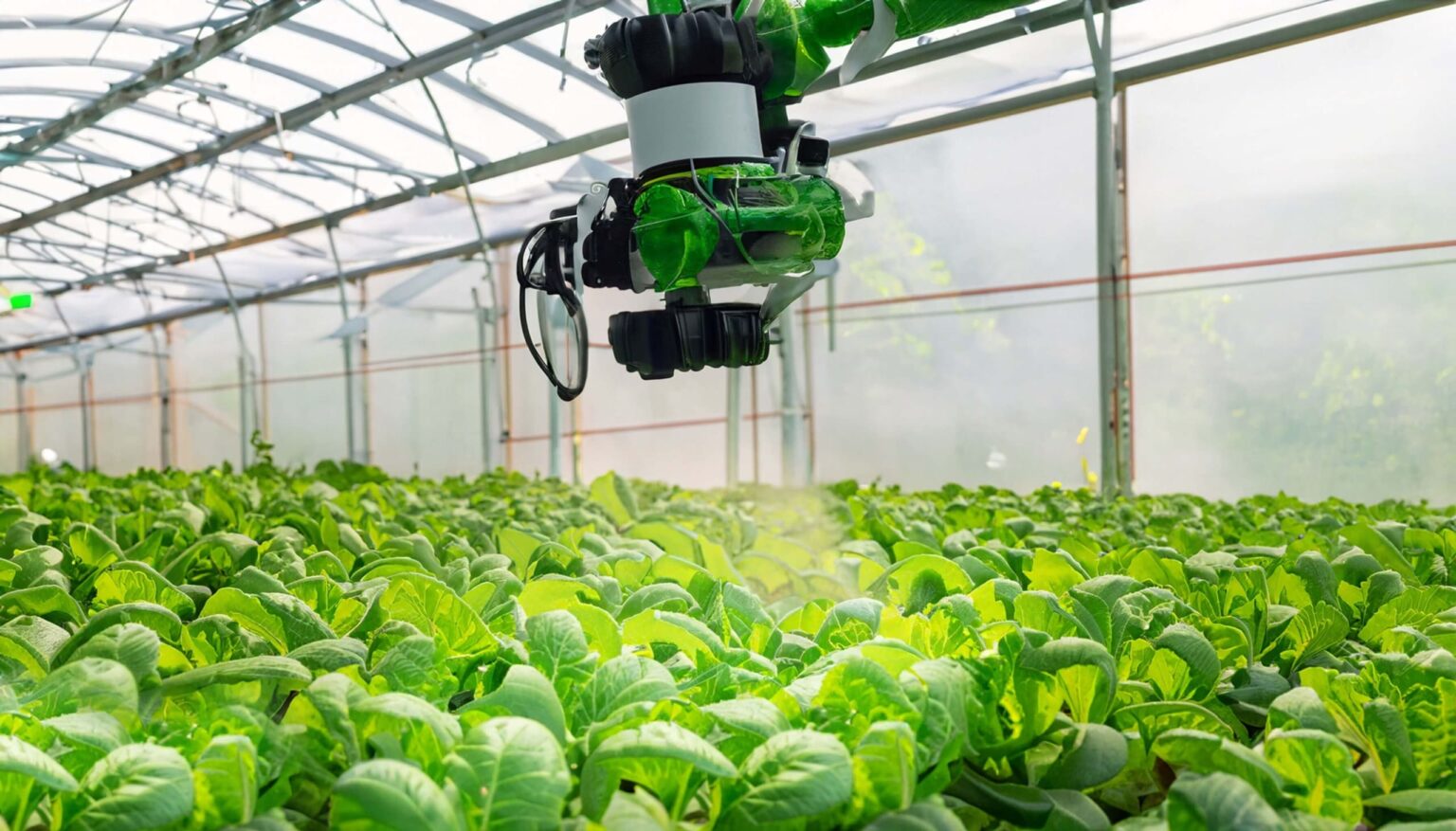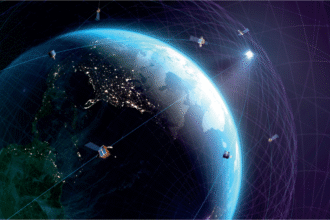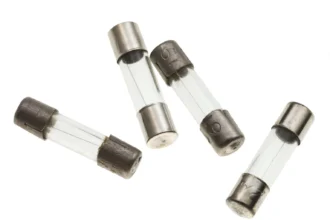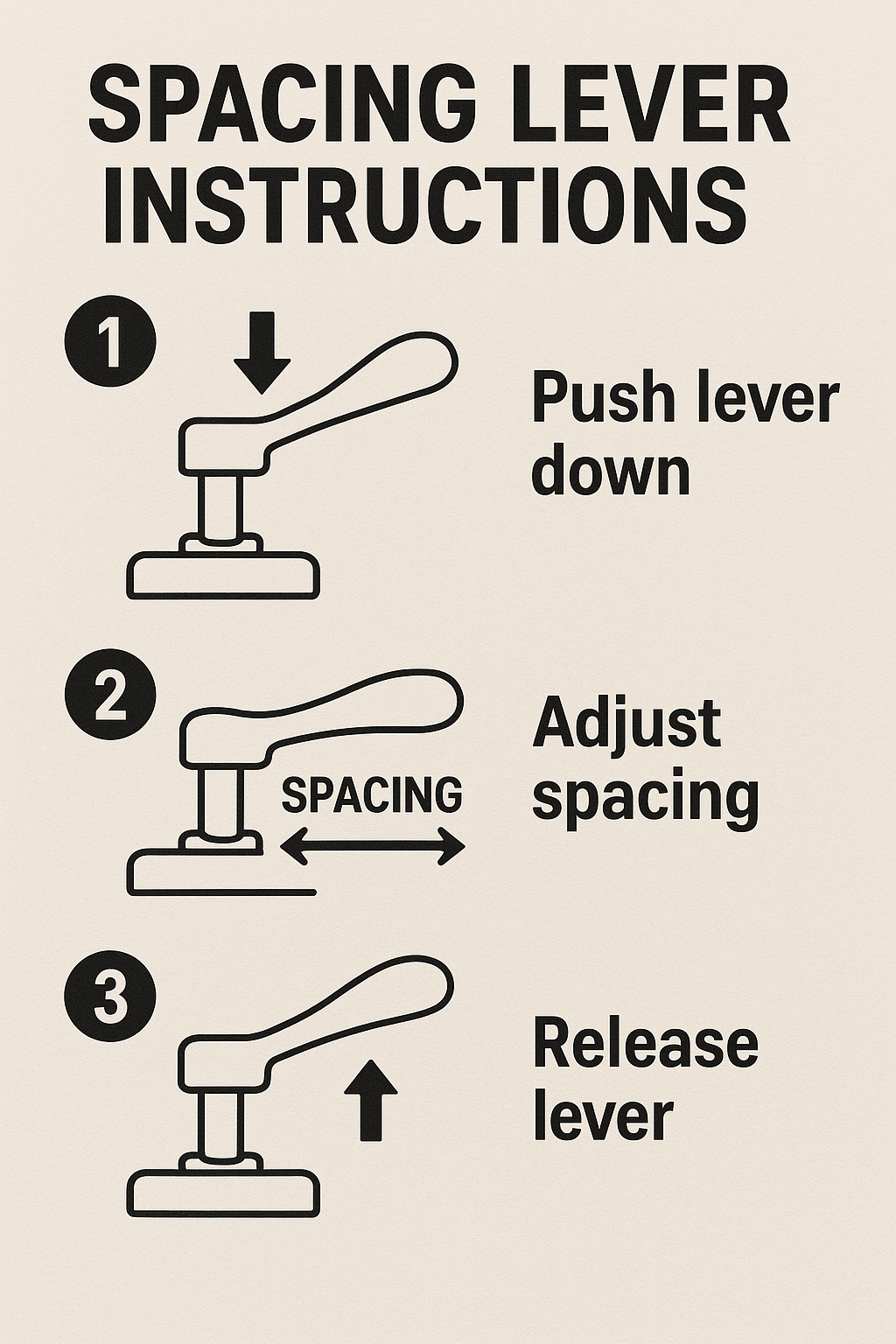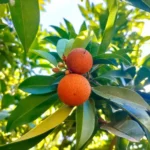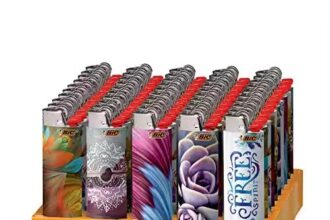Water is one of the most vital resources on Earth, and its efficient use has never been more important than it is today. Whether it’s in residential lawns, commercial landscapes, farms, or golf courses, proper water management through irrigation is essential for sustainability, cost savings, and plant health. With climate change causing unpredictable weather patterns and rising water costs, the demand for smarter, more efficient irrigation systems has never been higher.
This increasing need has brought modern irrigation technologies to the forefront of landscape and agricultural innovation. From automated sprinkler systems to advanced drip irrigation, these technologies are revolutionizing how we think about water usage. And at the center of this evolution are the professionals who make it all work—those with the expertise to plan, install, and maintain irrigation systems tailored to each unique environment.
Why Irrigation Systems Are Essential Today
Watering plants might seem simple at first glance—just turn on a hose or sprinkler and let the water flow. However, in both residential and agricultural settings, unregulated watering leads to overuse, runoff, plant disease, and higher costs. Traditional manual watering methods are often inconsistent and inefficient, wasting a significant amount of water and delivering subpar results.
Modern irrigation systems aim to solve these problems by applying the right amount of water at the right time and in the right place. They not only conserve water but also enhance plant growth and productivity by ensuring uniform coverage and minimizing stress caused by over- or under-watering.
Here’s why irrigation systems are now considered a critical component of landscaping and farming:
- Water Efficiency: Reduces waste through precision delivery
- Healthier Plants: Delivers consistent moisture, which supports strong root growth
- Time Savings: Automation means less manual labor
- Lower Costs: Reduces water bills and resource usage over time
- Environmental Benefits: Helps conserve water, a precious and often limited resource
Types of Irrigation Systems
There are several main types of irrigation systems in use today, each with its own benefits and ideal applications. The choice depends on factors such as climate, soil type, water availability, and what is being irrigated.
Drip Irrigation
Drip irrigation is one of the most water-efficient methods available. It delivers water directly to the root zone of plants through a network of valves, pipes, tubing, and emitters. This targeted approach minimizes evaporation and runoff, making it ideal for gardens, flower beds, and row crops.
Sprinkler Systems
These systems simulate rainfall by spraying water into the air, covering a wide area. While commonly used for lawns and large landscapes, they can also be adjusted for gardens and agricultural fields. Modern sprinkler systems can be automated and set to operate at optimal times of day, further improving efficiency.
Surface Irrigation
This traditional method involves distributing water across the surface of the field by gravity flow. While less efficient than other methods, it’s still widely used in agriculture due to its low setup cost and simplicity.
Subsurface Irrigation
In this approach, water is delivered below the soil surface, directly to the root zone. This is often done using buried drip lines and is particularly effective in sandy or loose soils where water would otherwise evaporate quickly.
How Technology is Enhancing Irrigation
Like many other industries, irrigation has been transformed by the integration of smart technology. Today’s systems are not just efficient—they’re intelligent. New innovations allow users to control watering schedules via smartphone apps, monitor soil moisture levels in real time, and even integrate with weather data to automatically adjust for rain or drought conditions.
These smart irrigation systems can:
- Detect leaks and notify the user
- Adjust watering based on soil conditions
- Pause watering during rain or freeze events
- Provide analytics on water usage
This kind of technology not only saves water but can also extend the life of landscaping and crops by providing optimal growing conditions year-round.
Professional Design and Installation Matters
While DIY irrigation systems are available, the difference in quality and efficiency between amateur and professional installations is significant. A professionally designed system considers everything from water pressure and flow rate to plant types and soil conditions. It also accounts for zoning—ensuring that each area of your property receives the right amount of water.
Hiring a qualified irrigation company can make the difference between a system that works smoothly and one that wastes resources. These experts perform detailed site analyses, create customized plans, and select the best components for long-term performance. They also ensure compliance with local water regulations and offer warranties or ongoing maintenance packages to keep the system functioning flawlessly over time.
If you’re considering an upgrade or installation, working with a reputable irrigation company ensures you get a reliable, efficient system tailored to your needs.
Maintenance: The Key to Long-Term Efficiency
Even the best-designed irrigation systems require regular maintenance to perform at their best. Over time, emitters can clog, sprinkler heads can become misaligned, and leaks may develop. Seasonal adjustments are also necessary to account for changes in weather and plant needs.
A few maintenance tasks to keep in mind:
- Check for Leaks: Inspect the system regularly to catch leaks early
- Clean Filters: Keep filters free of debris to maintain water pressure
- Adjust for Seasons: Reduce watering in cooler months or during rainfall
- Flush the System: Especially important for drip irrigation to prevent mineral build-up
- Replace Damaged Parts: Broken nozzles or cracked lines should be replaced promptly
Routine service from an irrigation company can extend the life of your system and ensure it continues operating efficiently season after season.
Sustainability and Water Conservation
In a world facing water shortages and environmental challenges, sustainable irrigation practices are more important than ever. An efficient system not only reduces water consumption but also supports healthier landscapes, which can improve air quality, reduce erosion, and create cooler microclimates.
To further increase sustainability, property owners and farmers can implement techniques such as:
- Rainwater Harvesting: Collecting and storing rainwater for irrigation use
- Greywater Recycling: Reusing water from sinks and showers for landscape watering
- Native Plant Landscaping: Choosing plants that require less water and maintenance
- Soil Improvement: Adding organic matter to improve water retention
Modern systems make it easy to align irrigation with broader sustainability goals. Smart controllers, low-flow emitters, and soil sensors all contribute to reducing environmental impact while maintaining vibrant, productive landscapes.
Economic and Aesthetic Benefits
Beyond environmental benefits, effective irrigation systems offer clear economic advantages. Reducing water usage directly lowers utility bills, while proper hydration extends the lifespan of lawns, gardens, and crops—preserving your investment.
For businesses and public spaces, well-irrigated landscapes also provide a strong visual impression. Healthy greenery improves curb appeal, encourages customer visits, and creates a more welcoming atmosphere. In agricultural operations, optimized irrigation leads to increased yields and better crop quality, supporting profitability and food security.
The Future of Irrigation
As water becomes an increasingly precious resource, innovation in irrigation will continue to evolve. Artificial intelligence, machine learning, and data analytics are expected to play a greater role in predictive watering and system optimization. New materials and sensor technologies will also emerge, making systems more durable, intelligent, and efficient.
The integration of irrigation with broader smart home or smart farm systems will also increase. Homeowners will be able to control their entire outdoor environment with a single app, while farmers can rely on predictive models to irrigate based on crop stress and market demand.
In all of this, the expertise of a reliable irrigation company remains invaluable. From design to maintenance, these professionals are at the forefront of delivering solutions that are not only technologically advanced but also deeply practical.
Conclusion
Efficient irrigation is no longer a luxury—it’s a necessity. Whether for aesthetic landscapes or productive farmland, well-designed systems conserve water, save money, and support healthier plant life. As technology advances and environmental awareness grows, the role of irrigation in sustainable living will only become more central.
If you’re planning to install a new system or upgrade an existing one, partnering with a professional irrigation company can ensure your investment pays off for years to come. From smart controllers to customized layouts and sustainable practices, modern irrigation delivers unmatched value when done right.
With water conservation more critical than ever, making smart choices about irrigation today is a meaningful step toward a greener, more resilient future


